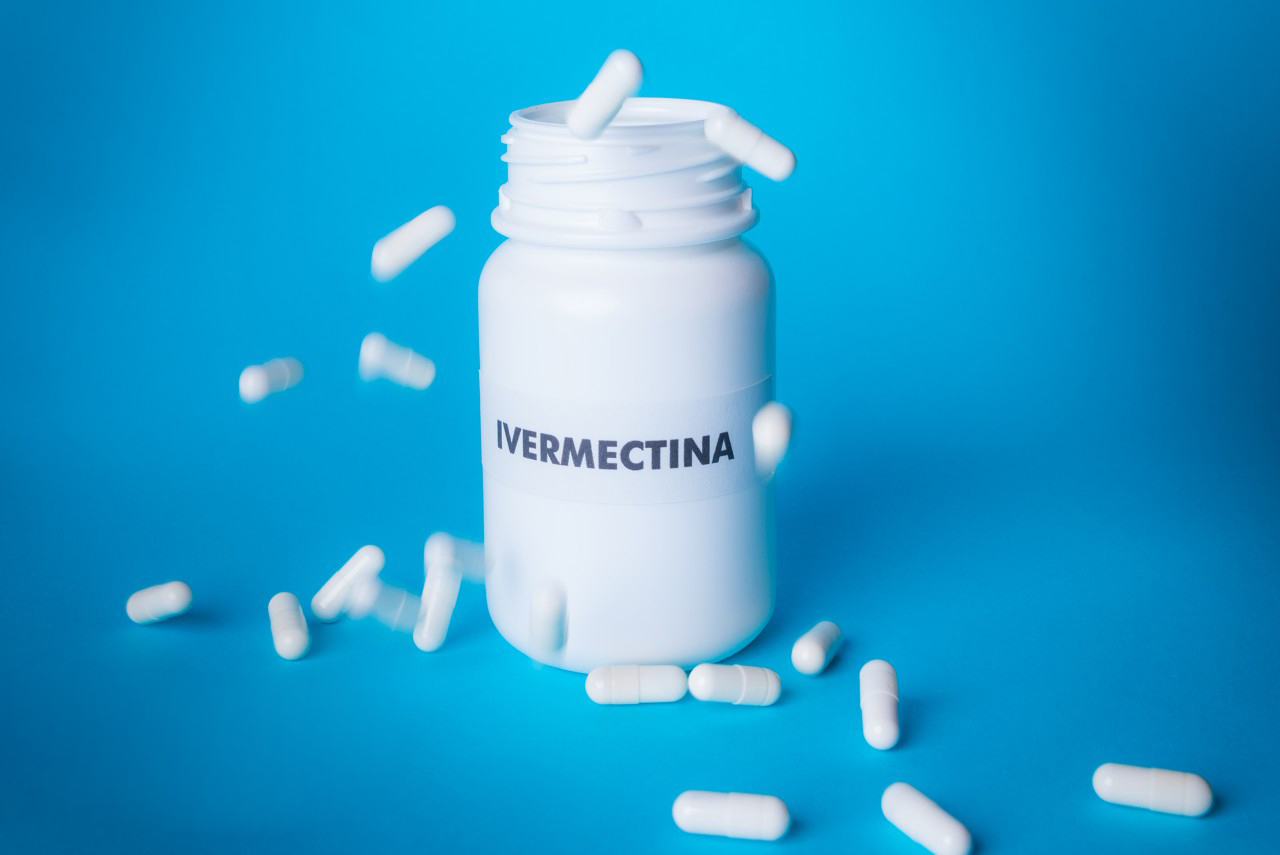As of my last knowledge update in September 2021, I can provide you with an overview of Ivermectin based on the information available up to that point. Please note that developments may have occurred since then, so it’s important to consult more recent sources for the latest information.
Ivermectin is a medication that has been used primarily to treat parasitic infections in humans and animals. It was discovered in the late 1970s and was initially used to combat diseases caused by parasitic roundworms. It is on the World Health Organization’s List of Essential Medicines due to its effectiveness against certain neglected tropical diseases.
Ivermectin’s mechanism of action involves targeting the nervous system of parasites, leading to paralysis and death. It has been used to treat various conditions such as onchocerciasis (river blindness), strongyloidiasis (a type of roundworm infection), and scabies. It is also widely used in veterinary medicine.

The interest in Ivermectin surged during the COVID-19 pandemic when some studies suggested that it might have potential antiviral properties against SARS-CoV-2, the virus responsible for COVID-19. However, the use of Ivermectin for COVID-19 remains a topic of debate and controversy within the medical and scientific communities. Here are some key points to consider:
Clinical Trials and Research: Some early in vitro (test tube) and animal studies suggested that Ivermectin might inhibit the replication of certain viruses, including coronaviruses. However, translating these findings to human clinical trials is complex.
Mixed Clinical Evidence: The clinical evidence for Ivermectin’s efficacy against COVID-19 has been mixed. While some small-scale studies reported positive outcomes, larger and more rigorously designed trials have yielded conflicting results. Some studies showed no significant benefit in terms of reducing hospitalization, mortality, or viral clearance.
Guidelines and Regulatory Views: As of September 2021, major health organizations such as the World Health Organization (WHO), the U.S. Food and Drug Administration (FDA), and the European Medicines Agency (EMA) did not recommend Ivermectin for the treatment or prevention of COVID-19 outside of clinical trials due to insufficient evidence. They emphasized the importance of awaiting results from well-designed, large-scale trials.
Safety Concerns: Ivermectin is generally considered safe when used at approved doses for its approved indications. However, inappropriate use and self-medication can lead to adverse effects, including nausea, vomiting, diarrhea, dizziness, and in extreme cases, severe neurological effects.
Research Quality and Publication Bias: Some of the studies that reported positive effects of Ivermectin on COVID-19 have faced scrutiny for methodological issues, potential bias, and inconsistencies in their findings.
It’s important to note that the situation regarding Ivermectin and COVID-19 is evolving, and the scientific consensus may have shifted since my last update. If you’re seeking the most current and accurate information, I recommend consulting reputable sources such as peer-reviewed medical journals, official health organizations, and regulatory agencies. Always follow the guidance of healthcare professionals when considering any medication, especially off-label use.
